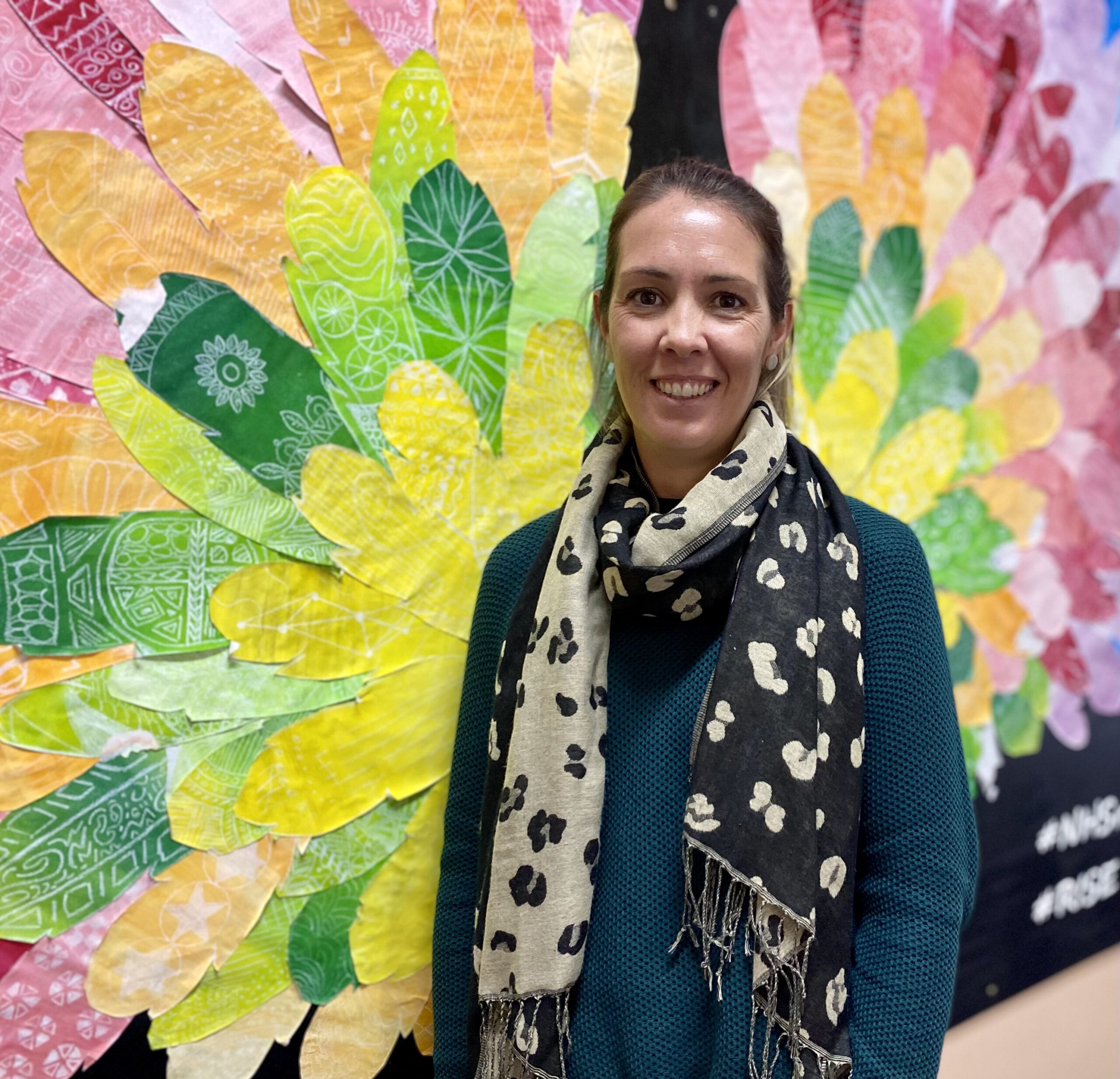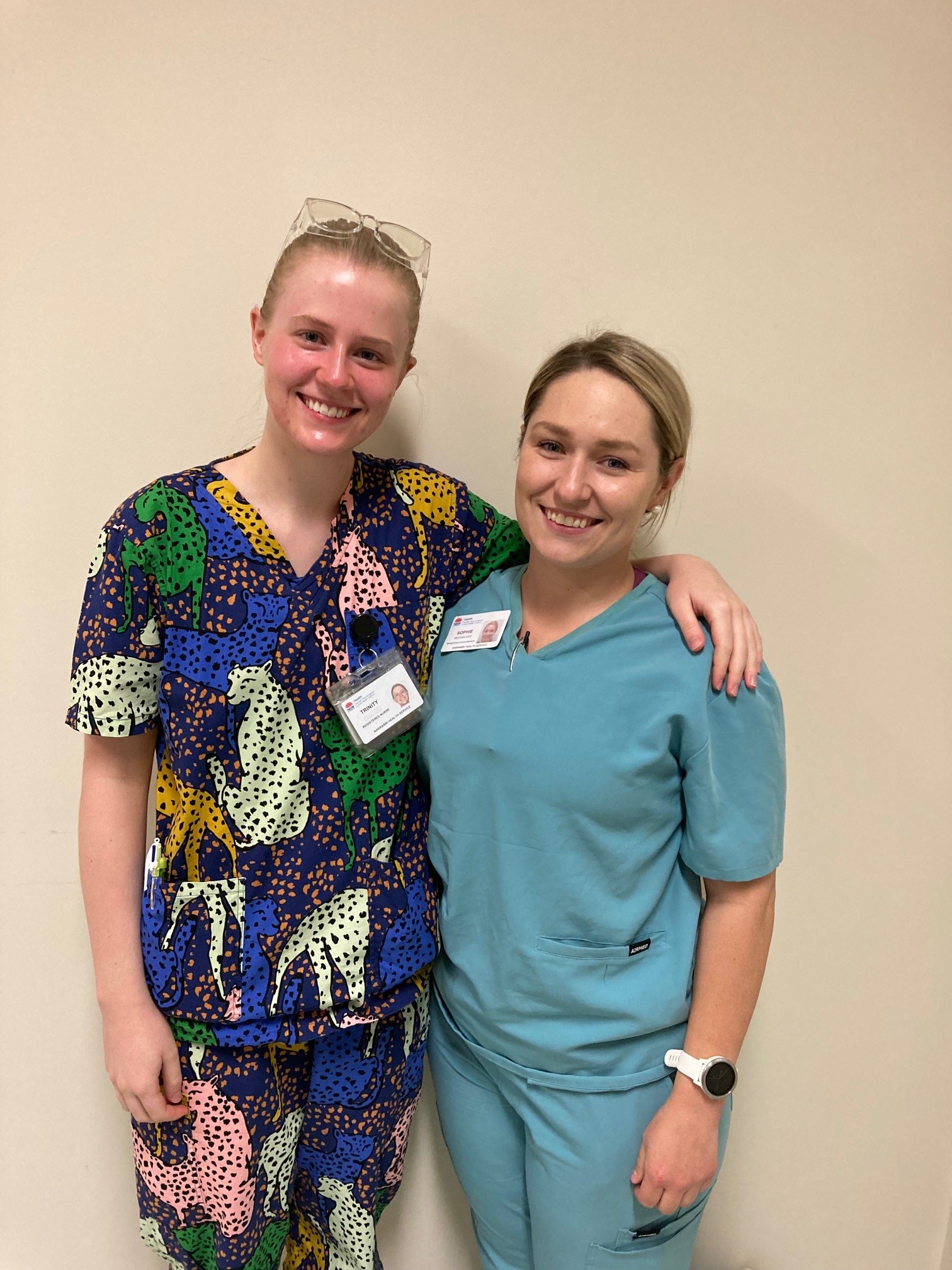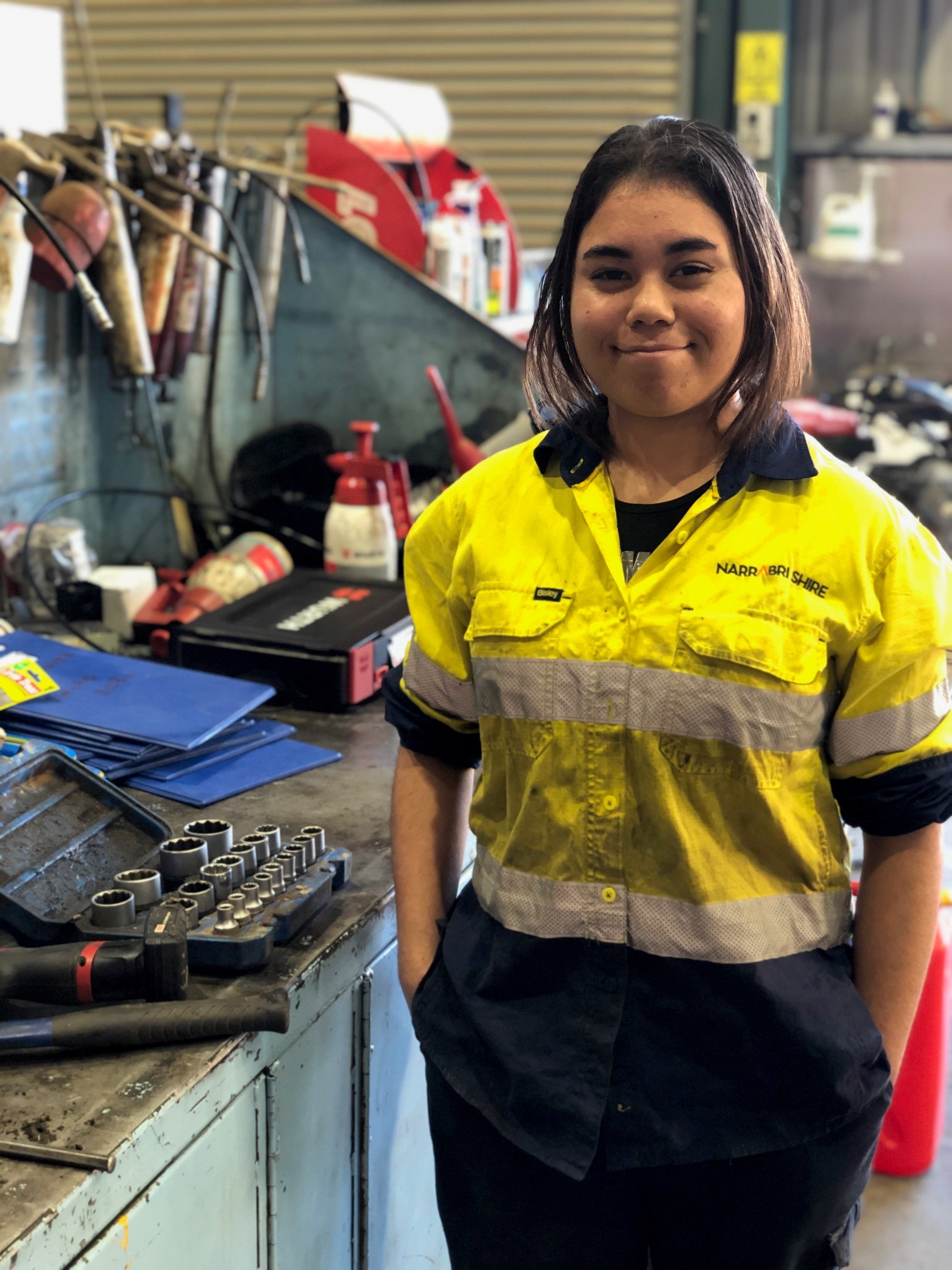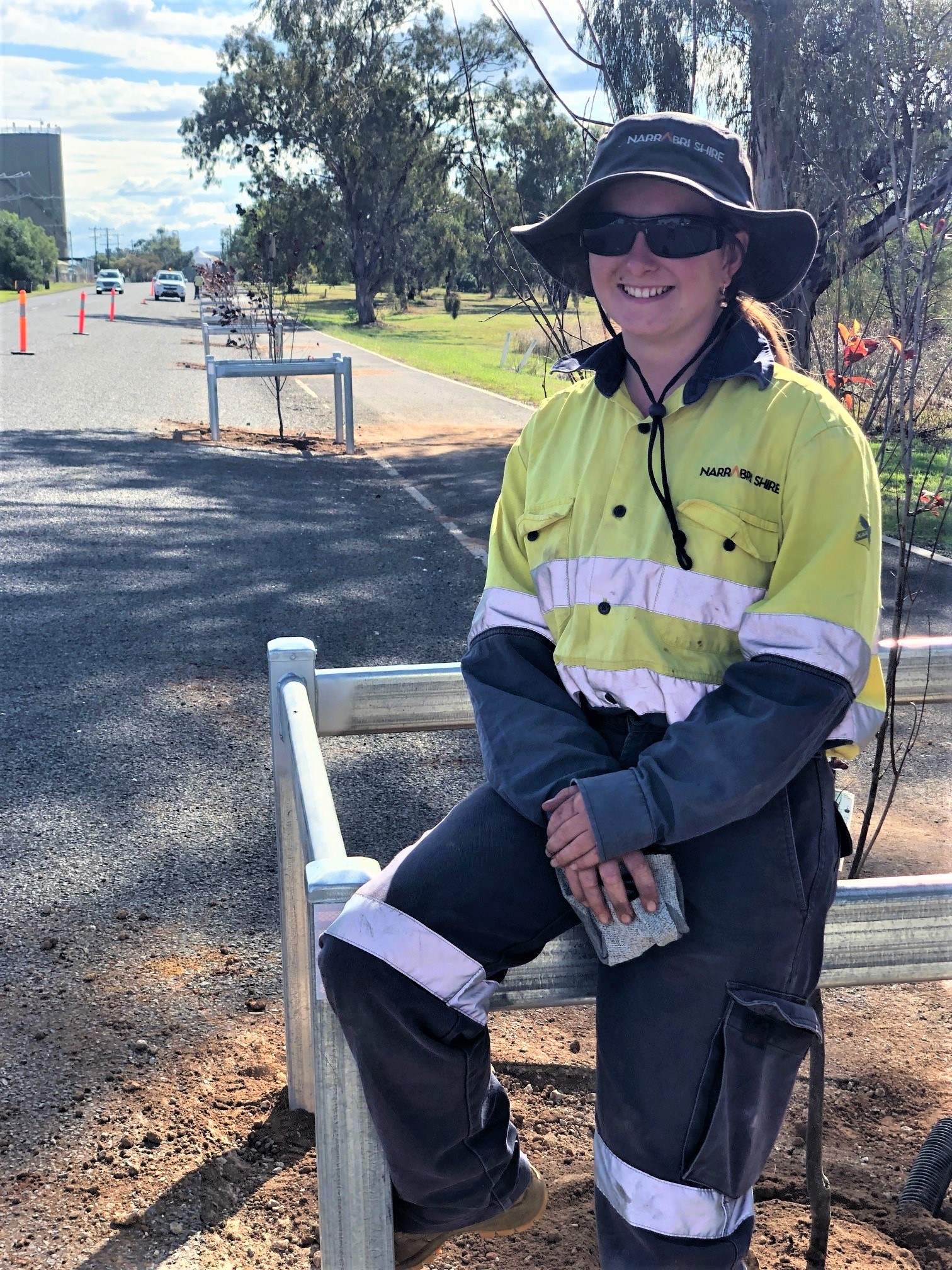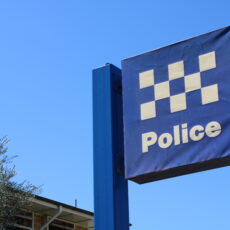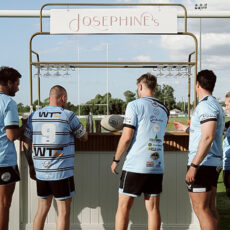With many businesses in the region crying out for skilled workers, the school-based apprenticeships and traineeships program is proving to be a game changer for both students and employers.
“I love how school-based apprenticeships and traineeships (SBATs) can not only provide our students with an exceptional head start in their careers, but how they can also, potentially, directly address the skills shortages that we face in our rural areas,” said SBAT engagement officer Jacinta Gorton.
SBATS are on offer to Year 10, 11 and 12 high school students in NSW and are more than just a part-time job – they provide valuable experience, allow students to set themselves up for the future while getting paid and completing school, and give employers the chance to test a worker’s skills and potential.
A school-based apprenticeship or traineeship combines paid work, training, and school; and as well as an industry recognised national qualification, students also gain credit towards their Higher School Certificate.
SBAT engagement officer Jacinta Gorton is based in Barraba but visits both Narrabri and Wee Waa high schools regularly, communicating with students, families, and staff about career options.
Mrs Gorton also meets with local employers, industry, and business to discuss employment opportunities.
“I work within the newly implemented Educational Pathways Program, with an aim to enhance school-based apprenticeships and traineeships in our area.
“I work directly with seven schools; Ashford Central School, Barraba Central School, Bingara Central School, Inverell High School, Macintyre High School, Narrabri High School and Wee Waa High School.”
Mrs Gorton brings a wealth of experience to the regional role, allowing her to suggest realistic and achievable career pathways.
“I have a background in business, finance and IT in local government and secondary teaching in the North West area,” said Mrs Gorton.
“My current role includes the promotion of SBATs across the region: brokering of local employers, matching students to SBAT opportunities, assisting in the enrolment process, mentoring and supporting students throughout their school-based apprenticeship or traineeship, and being a point of contact and support person for all stakeholders involved in the SBAT program.
“I am passionate about skills education and the vocational education and training system, and the opportunities they can provide our rural students.”
Growing up in the bush, Mrs Gorton has a natural drive to help country kids find the right career path and strengthen the local workforce along the way.
“I am a mum to Nahla, 6, and Albie, 3, and love being involved in my parents’ beef cattle properties, at Barraba, when I can, and I am also partial to having played way too much sport over the years.
“I feel incredibly privileged to be able to work with our local high schools, their experienced careers programs, and their beautiful communities.
In September last year, The Courier featured a number of SBAT success stories from Wee Waa High School, and it’s a program Narrabri High School has also participated in for a number of years, producing some remarkable results for students and employers.
Narrabri Hospital’s acting clinical nurse manager Michelle Wilkinson said the school-based apprenticeships and traineeships program was a great way to encourage youth to stay in rural areas.
“It is nice to see that we are growing our own and keeping young people in the town.
“They are understanding of our local community and forging their own careers.”
Michelle said taking part in the SBAT program was the best way for students to find out if the challenging, yet rewarding, role of being a nurse was the correct profession for them.
She said rural nursing was unique compared to city nursing, and therefore undertaking a traineeship in a country hospital such as Narrabri exposed students to more experiences and allowed them to gain a better understanding of different fields.
A shining example of SBAT success is former NHS student Trinity Westman.
Readers might remember when Trinity graduated in 2018 and achieved first in the state in the HSC subject of Human Services with a mark of 99.
She also finished her school-based traineeship in 2018 at Narrabri hospital and went on to study nursing at university.
Trinity said undertaking her SBT was invaluable because of the practical experience she gained, explaining that during her university exams she was able to ‘picture patients with the conditions’ when answering questions.
Another NHS graduate Sophie McFarland said, “doing a SBAT set me up for life”.
Sophie used her SBT Cert III as an entry into university.
She finished her school-based traineeship in 2012, working for two years as an assistant in nursing at Narrabri hospital and later became a registered nurse, studying via distance at the University of Southern Queensland while continuing to work full time in Narrabri.
Sophie has since added to her qualifications, completing postgraduate studies in Midwifery and continues to serve her local community by working at Narrabri hospital.
Sophie said a SBT was ‘a great path to whatever career path you end up following’ and it offered hands-on experience.
Explaining she went to university with people who dropped out of nursing because it wasn’t what they expected, however, Sophie was familiar with the profession from her traineeship.
She would highly recommend students give the program a go.
“It doesn’t cost anything, and you get paid to learn,” said Sophie.
“I didn’t love school, but I loved working.”
Narrabri High students currently undertaking a SBAT said people had little to lose and a lot to gain by putting their hand up to be part of the program.
“If you’re interested in something, it is one day per week, you get paid and training,” said NHS student Kaylyn Chater who is doing a SBT in horticulture at Narrabri Shire Council.
“Get your foot in the door and see if you like it, and still finish school,” she added.
NHS student Alex Mison is also completing a SBT with NSC but in IT.
Alex said the program was a chance for him to receive training in a field he finds interesting.
“You also learn skills and gain experience,” he added.
“And employers get the workforce they need.
“I enjoy doing what I am doing and get paid for it.”
Mrs Gorton said there was amazing potential for the SBAT program to continue to produce positive outcomes, not only by fostering the next generation’s role in the workforce but also by allowing employers to train and test students’ skills before signing them up on a more permanent basis.
For employers, taking on a school-based apprentice or trainee means preparing the future workers of their business, organisation or industry.
For a SBAT employer, training costs are minimised, financial incentives are on offer and hopefully, the end result is a tailor-made worker trained and ready to contribute full-time after they complete their HSC.
There are lots of wonderful opportunities available now and interested students currently in Year 9 or 10, or local businesses who are willing to take part and receive the benefits of the SBAT program are being encouraged to contact Narrabri High School.


